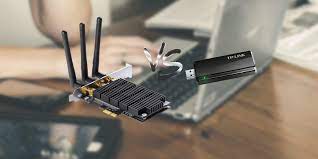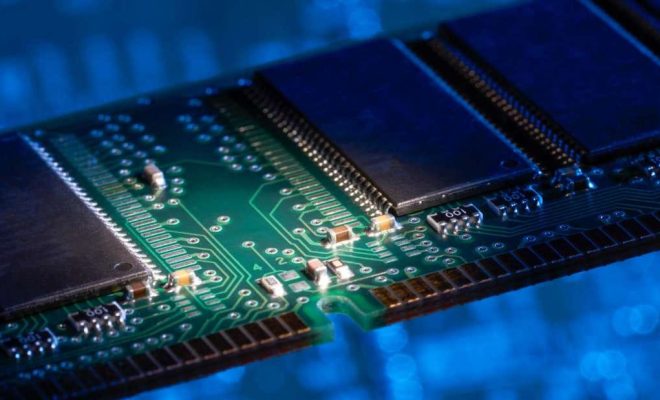The Pros and Cons of PCI-e Wireless Network Adapters vs. USB Wireless Solutions

Wireless networking has become the norm in homes and businesses around the world, with its convenience and flexibility making it a popular choice for internet connectivity. There are two types of wireless network adapters – PCI-e wireless adapters and USB wireless solutions. Each has its strengths and limitations, and choosing the right one for your needs can be challenging. Here are the pros and cons of each type of wireless adapter.
PCI-e Wireless Network Adapters
Pros:
- Faster Speeds: PCI-e wireless adapters plug directly into a PCIe slot on your computer’s motherboard. This direct connection allows for faster communication between the adapter and the CPU, resulting in faster transmission speeds and lower latency.
- More Reliable: PCI-e wireless adapters rely on a more stable and dedicated connection, which results in less interference and a more stable network connection.
- Upgradeability: PCI-e wireless adapters are much more upgradeable than other wireless adapters. You can easily swap out the adapter for a newer, faster one or change the wireless standard altogether, making them a long-term investment.
Cons:
- More Expensive: PCI-e wireless adapters are generally more expensive than other wireless adapters, primarily due to their faster speeds and more reliable connections.
- Installation: Installing a PCI-e wireless adapter requires opening up your computer’s case, making it more challenging for those who are not confident with computer hardware.
USB Wireless Solutions
Pros:
- Portability: USB wireless adapters are lightweight and small, making them easy to transport. You can easily move them from one device to another, providing internet connectivity anywhere.
- Affordable: USB wireless adapters are generally less expensive than PCI-e wireless adapters, enabling users to add wireless connectivity to their devices without breaking the bank.
- Easy to Install: USB wireless adapters are simple to install – all you need to do is plug them into a USB port and install the drivers.
Cons:
- Slower Speeds: USB wireless adapters are often slower when compared to PCI-e wireless adapters since they use USB to communicate with the computer’s CPU, resulting in higher latency.
- Less Reliable: USB wireless adapters are more prone to interference, and their connection is dependent on the stability of the USB port. A minor disruption in the port or cable can result in a weak or lost connection.
- Upgradeability: USB wireless adapters cannot be upgraded, as you cannot replace the internal components with better ones.





